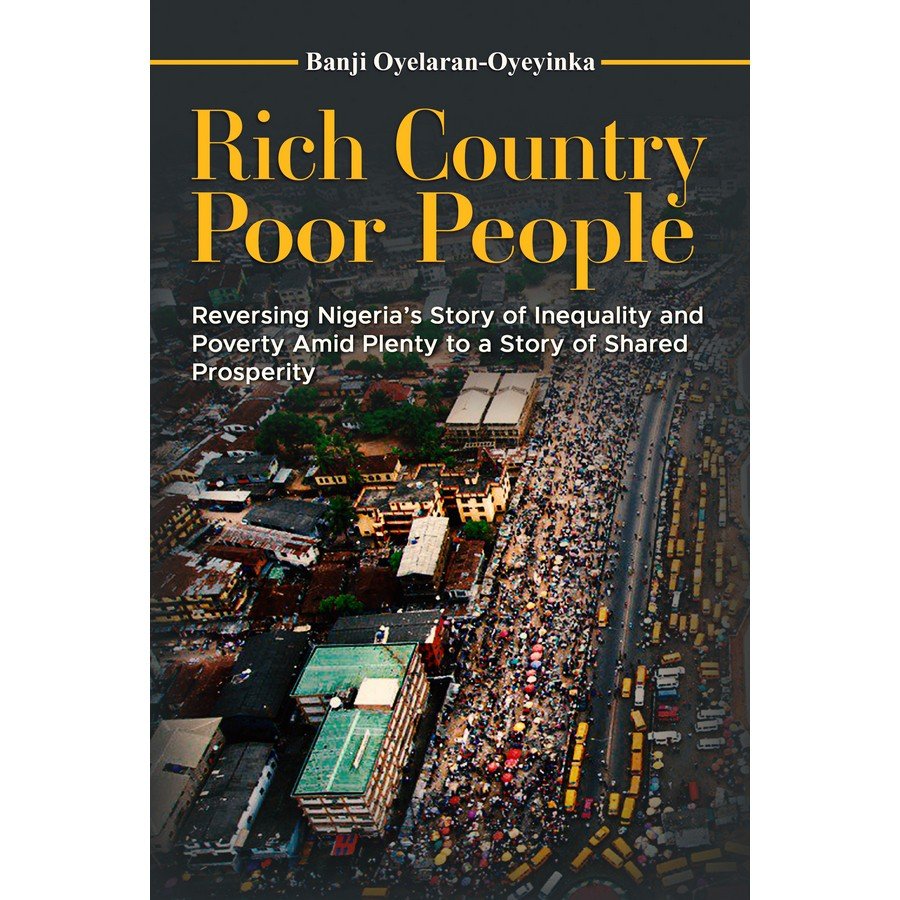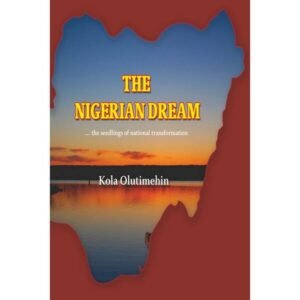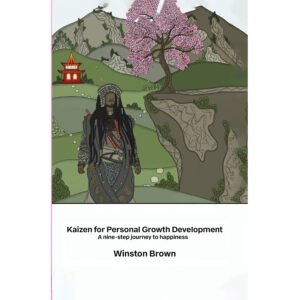Rich Country Poor People
£9.99
Nigeria is a country marked by extreme social and economic paradoxes. It is rich in material wealth but large swathes of its people are poor! Nigeria’s Gross Domestic Product (GDP) has grown remarkably but its citizens suffer poor quality of life. It is a major producer of crude oil, with huge reserves of mineral and agricultural resources, the base for industry, but Nigeria’s manufacturing sector contributes little to its wealth. Nigeria is rich in human capital but it has little endogenous technological capacity. This country should boast very high living standards but rather its infrastructure is poorly developed and inequality is proportionally high. The promise at independence was that of prosperity but it has long been replaced with befuddling despair that characterizes fragile states.
Nigeria is a country marked by extreme social and economic paradoxes. It is rich in material wealth but large swathes of its people are poor! Nigeria’s Gross Domestic Product (GDP) has grown remarkably but its citizens suffer poor quality of life. It is a major producer of crude oil, with huge reserves of mineral and agricultural resources, the base for industry, but Nigeria’s manufacturing sector contributes little to its wealth. Nigeria is rich in human capital but it has little endogenous technological capacity. This country should boast very high living standards but rather its infrastructure is poorly developed and inequality is proportionally high. It has huge potential to absorb large skilled and knowledgeable workforce but unemployment among the youth is unacceptably high. The promise at independence was that of prosperity but it has long been replaced with befuddling despair that characterises fragile states.
This book argues that the oil-dependent economy feeds perverse extractive institutions and breeds the Spoil System whereby resources are plundered by active partisans and political appointees. Oil-dependence fosters “enclave” economic activities which limits employment and stunts manufacturing. It thrives on rent seeking due to weak institutions and a perverse political system that undermines the development ideal.
This book advocates a return to the path of sustainable development that puts people at the heart of growth with development.






